Running a car has never been cheap, and this year it’s going to be even more expensive.
Motorists face a perfect storm of sharply rising fuel prices, increases in car insurance and company car tax, higher servicing prices, higher borrowing costs, rising new car prices and even the prospect of paying to park at work, all against the backdrop of rising inflation.
As we explain, there are things you can do to mitigate the effects, but in truth they’re small beer. We’re just going to have to get used to paying more for getting from A to B. Here’s where you’re going to feel the pain.
Company car tax
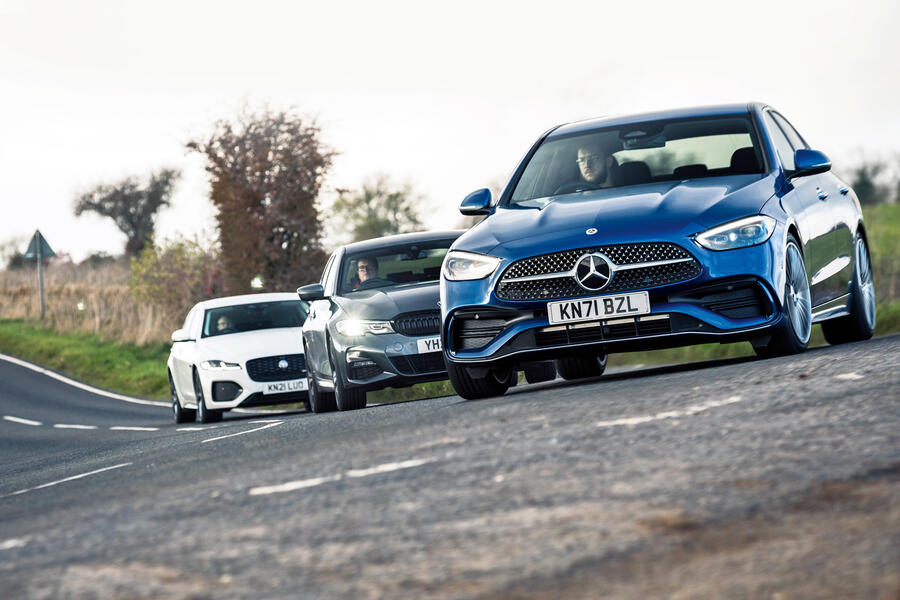
Going up 1%
If you run a company car, you will be familiar with benefit-in-kind (BIK) tax – the charge the chancellor imposes on you for having it for private as well as for business use. Every company car attracts a BIK rate based on its official CO2 emissions, its emissions standard and how it’s powered. The car’s P11D value (in effect its price plus options and delivery) is multiplied by this percentage, and that figure then multiplied by the user’s income tax band, the result being the amount of tax that will be taken from their salary.
The point is that for cars registered from 6 April 2020, BIK rates will rise by 1% from April 2022 (for cars other than electric ones registered before this date, the rates remain the same). It means that, for example, a 40% taxpayer running a Volkswagen Golf 1.5 eTSI 150 Active DSG will pay £107 more in tax (£3207 instead of £3100) each year.
Road tax
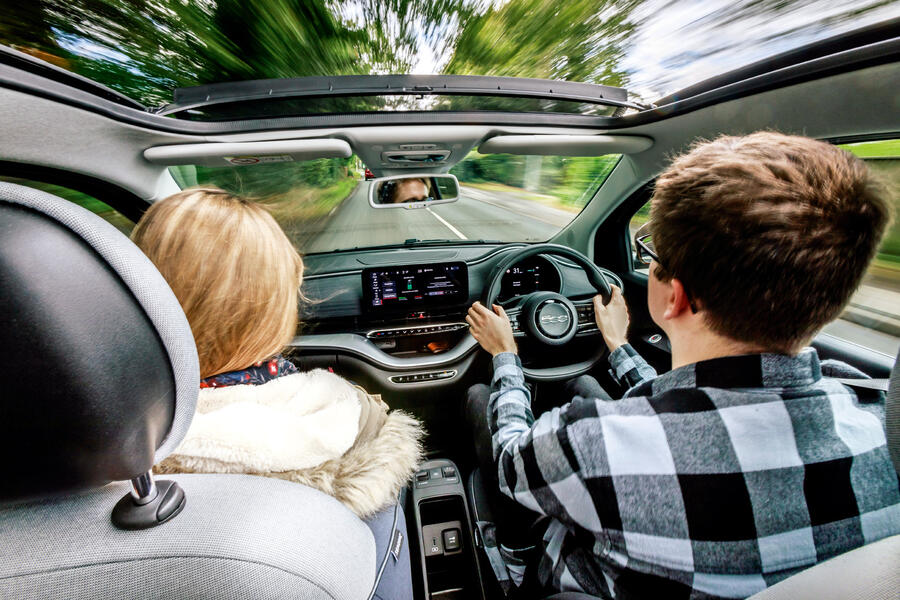

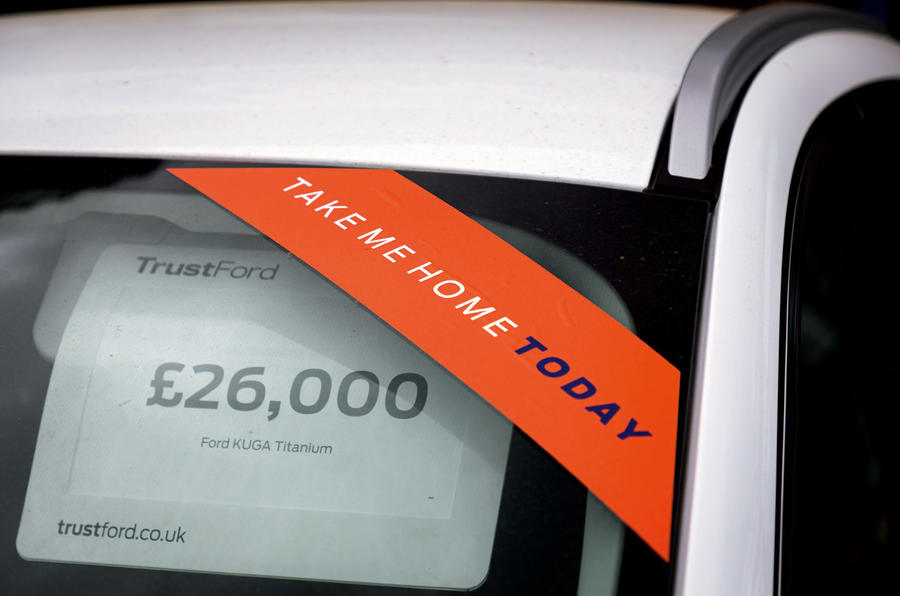









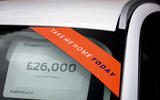










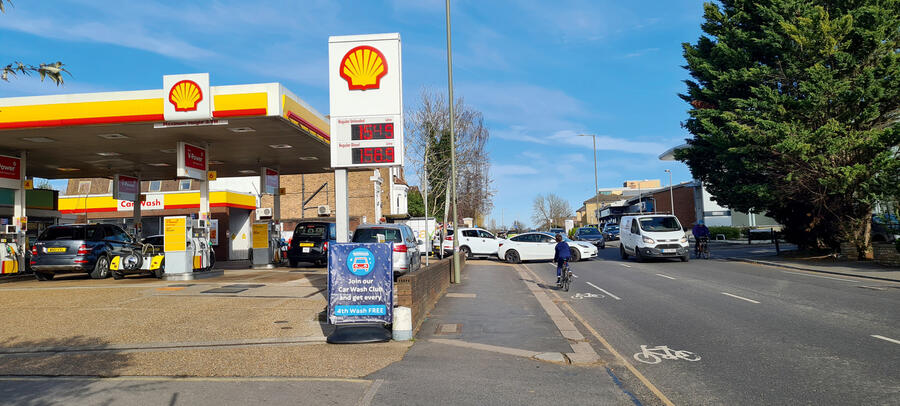
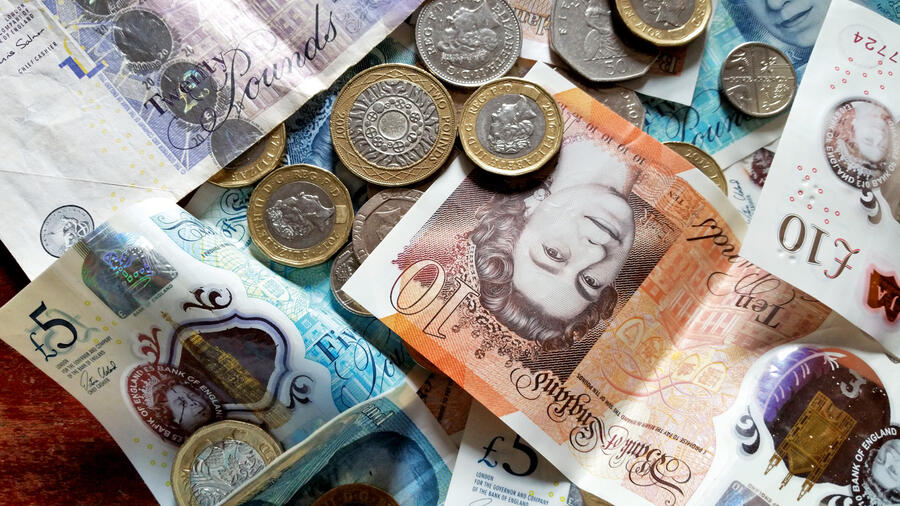
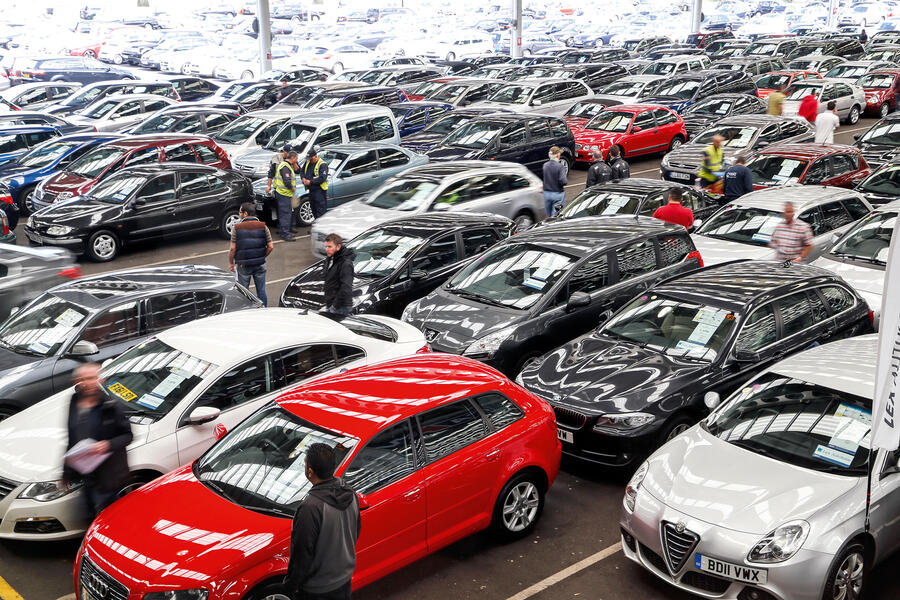
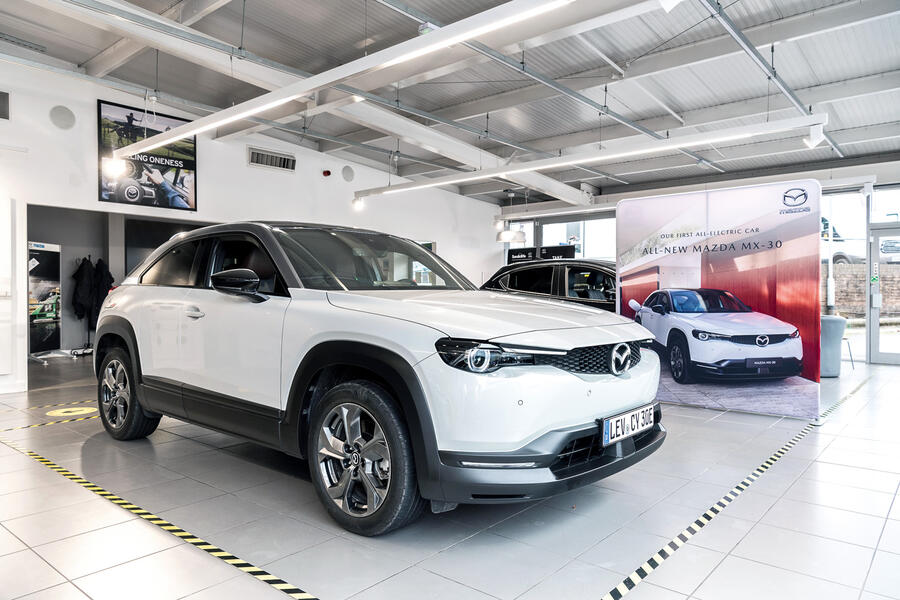
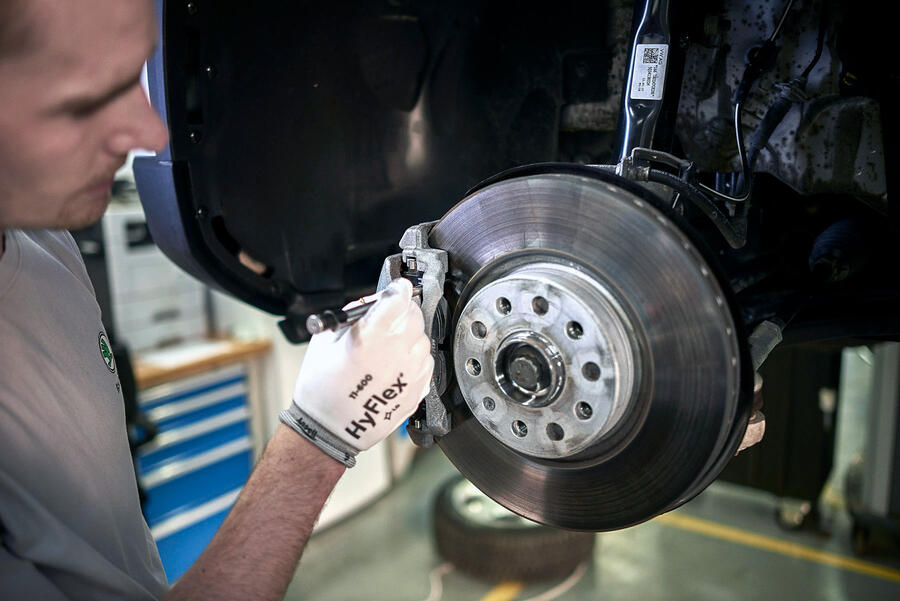
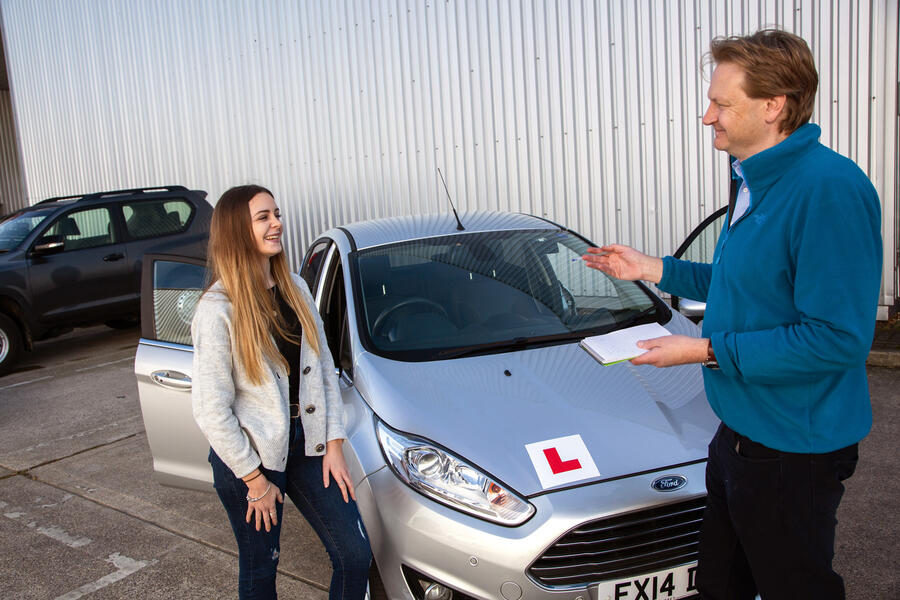


Join the debate
Add your comment
My number 1 recommendation would be to keep the car you're running now, if at all possible.
I would dispute the assertion that cars have never been more fun to drive. This suggests you've either not driven many older cars or have a peculiar definition of the word fun. Yes, new cars are better in every other respect.
125cc motorbikes. They cost about £3000 for a nice one, with a "let it go at it's own speed" riding style you can get 150+ mpg, and the tax & maintenance costs are hardly anything.